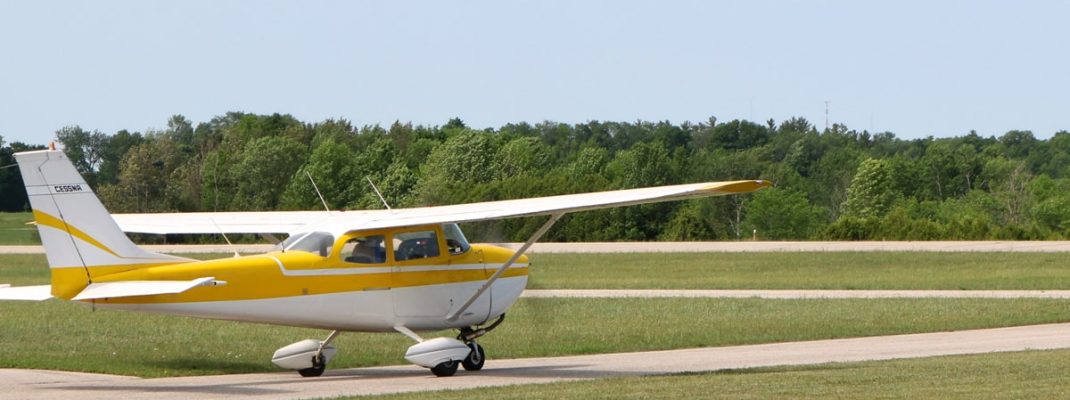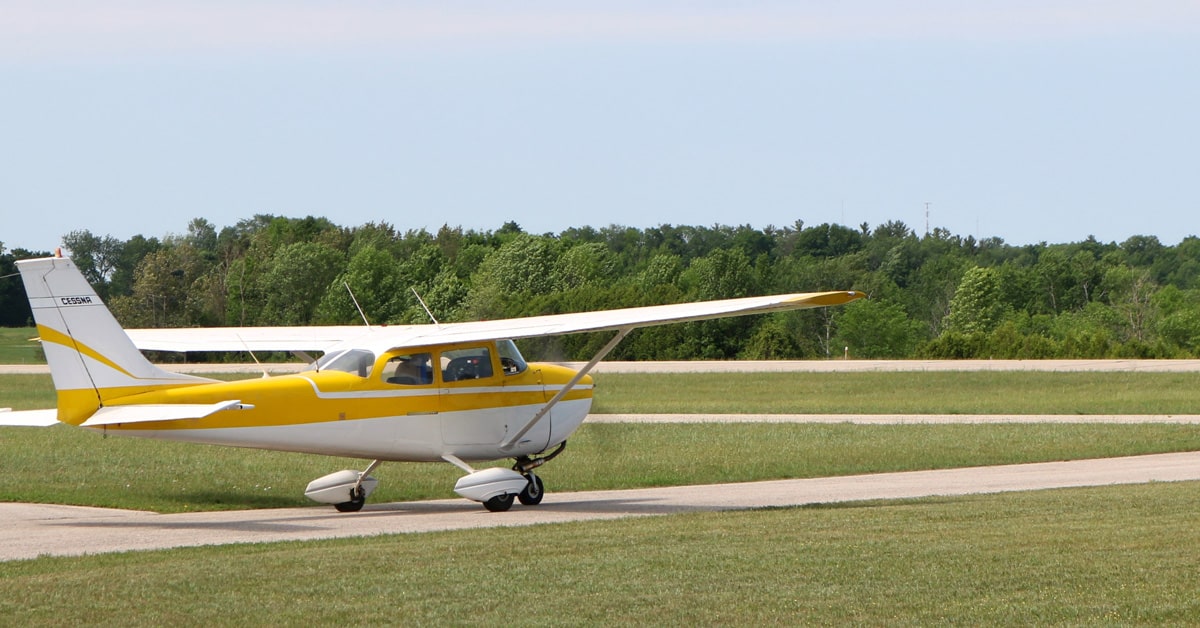You’ve planned for every outcome but what do you do when the unexpected happens? Here’s what Bob Gardner says in The Complete Private Pilot.
National Transportation Safety Board Regulations, Part 830: These regulations govern accidents and accident reporting. They are not Federal Aviation Administration regulations, but need discussion as they lay out the rules for accident and incident reporting that pilots need to know.
The first thing you should know about Part 830 is the difference between an accident and an incident. An accident is an occurrence during which any person suffers death or serious injury, or one in which the aircraft receives substantial damage. There are fine points on just what constitutes serious injury, of course. The NTSB definition is hospitalization for more than 48 hours commencing within 7 days of the injury. An incident is an occurrence, other than an accident, which affects the safety of operations.
The following incidents require that the NTSB be notified:
- Flight control malfunction or failure.
- Inability of a required flight crewmember to perform flight duties as a result of injury or illness.
- Failure of structural components of a turbine engine, excluding compressor and turbine blades and vanes.
- In-flight fire.
- Aircraft collide in flight.
- Failure of Electronic Flight Information System and/or primary flight display.
- Collision avoidance system warnings received while operating under instrument flight rules.
- Propeller failure resulting from anything other than a ground strike.
- The NTSB must also be notified when an aircraft is overdue and is believed to have been involved in an accident.
The following types of damage are exempt from being defined as “substantial damage”:
Engine failure, damage limited to an engine, bent fairings or cowling, dented skin, small puncture holes in the skin or fabric, ground damage to rotor or propeller blades, damage to landing gear, wheels, tires, flaps, engine accessories, brakes, or wing tips.
In practical terms, this means that a gear-up landing in which no one was seriously injured is not a reportable accident. A fire while taxiing is not a reportable accident. Running into a structure or another airplane on the ground is not reportable. Failure of flaps to extend (or failure of one flap to extend) is not reportable, because flaps are not flight controls.
When a reportable accident does occur, the NTSB is to be notified immediately (this is usually, but not always, done by the FAA). If a written report is required, it must be submitted within 10 days. Also, don’t let anyone touch or move the airplane until the NTSB arrives at the scene, except to protect the wreckage from further damage or to protect the public from injury.
Memory Aid: Notify immediately, report within 10 days.




